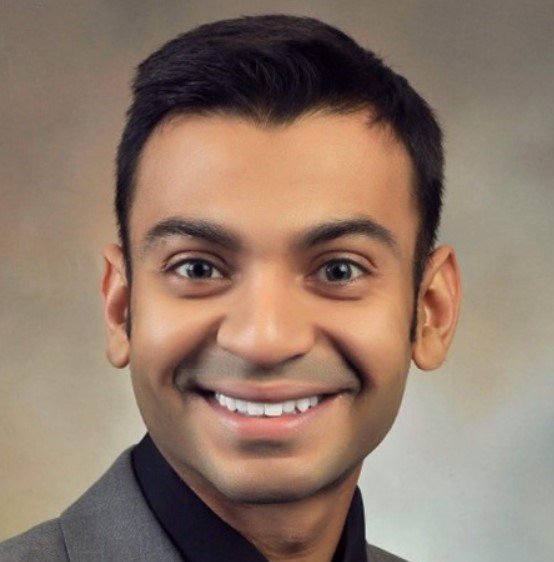CEST (Brussels time)
90 minutes
HP8
Utilizing AI to develop a prediction model for Patient Wellness Report at Temple University School of Dentistry.
Background
Temple University School of Dentistry has developed and implemented a Patient Wellness Report (PWR) for assessing oral, dental, quality of life, health literacy, and general health outcomes as part of comprehensive oral health care . The PWR measures 14 wellness dimensions (scale: good-fair-poor) to monitor improvements in all outcomes. Determining its effectiveness in improving dental and oral disease outcomes is critical, especially in identifying factors responsible for disease improvement versus disease progression (DIVP).
Objectives
Using Artificial Intelligence (AI) prediction methods, this analysis evaluates the effectiveness of oral and dental care on four measures of dental caries and periodontal diseases.
Materials and methods
PWR datasets of 7,344 patients (caries and periodontal disease) between Jan-2022 – Dec-2023 were obtained. Three outcome categories and a rank-based system were created (see Abstract 1 for more information) for binary classification to determine DIVP. AI models (Random Forest, Decision Tree, Naïve Bayes, XGBoost) and de-biasing methods (cross-validations, sampling) were utilized for testing and training the prediction model. The performance of the models was evaluated using sensitivity, specificity, precision, recall, and f-1 measures.
Results
The XGBoost model performed best with a 75% f-1 score, 83% precision, and 72% recall. For caries measures, age, fluoride, recall exams, dietary advice, number of bitewing radiographs exposed, and number of periodontal treatments were strong predictors of disease improvement. For disease progression, the number of restorations and higher number of treatment codes were major predictors. For periodontal disease, the number of periodontal treatment codes, dietary counselling, prosthetic prostheses , and recall examples were associated with disease improvement, and older age, poor oral hygiene, and higher number of restorations were associated with disease progression.
Discussion and conclusion
This study demonstrated the successful application of AI to build the prediction model using PWRs in a dental school setting. We found fluoride, recall exams, periodontal treatments, and dietary advice were helpful in disease outcomes. This study provides recommendations for other schools to utilize such tools to improve the outcomes of dental diseases.
| 11:30 |
Welcome and introduction |
| 11:35 |
Artificial Intelligence (AI): Analysis of Outcomes of Oral Healthcare at a US Dental School Part I: |
| 11:45 |
Artificial Intelligence (AI): Analysis of Outcomes of Oral Healthcare at a US Dental School Part II: |
| 12:55 |
Artificial Intelligence (AI): Analysis of Outcomes of Oral Healthcare at a US Dental School Part III: |
| 12:05 |
Artificial Intelligence (AI): |
| 12:15 |
Artificial Intelligence (AI): Analysis of Outcomes of Oral Healthcare at a US Dental School Part V: |
| 12:30 |
Discussion, Q&A and take away message |
| 13:00 |
End |







